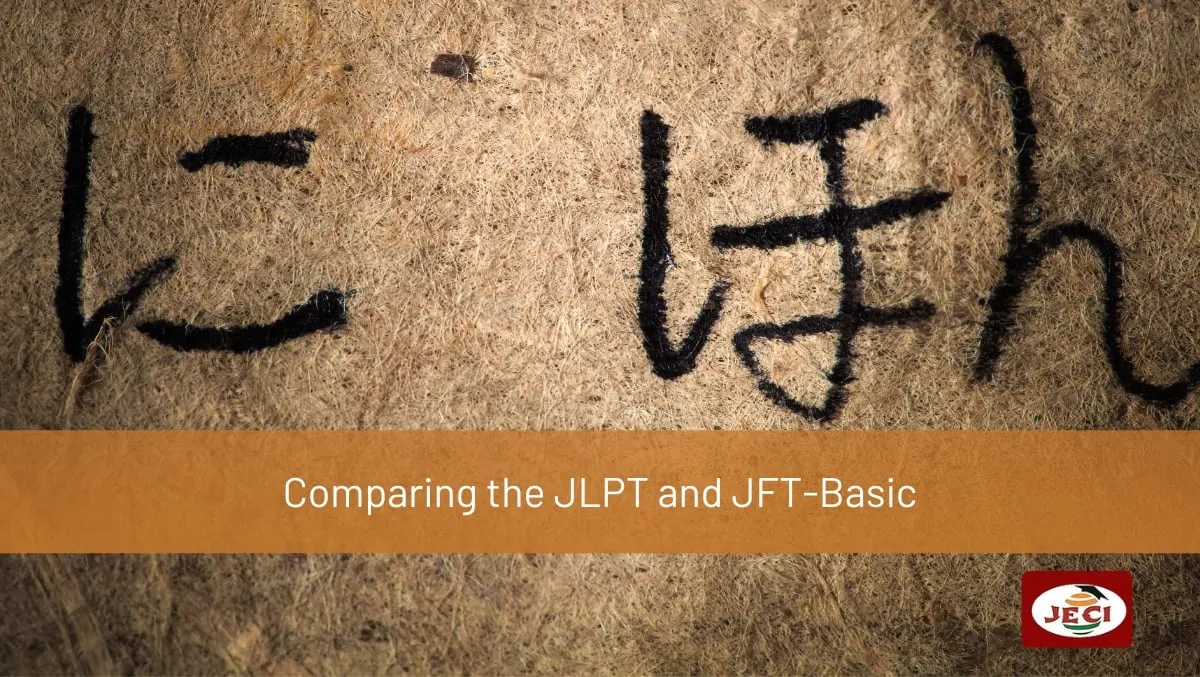The Fusion of Faiths: Indian Gods in Japan
The cultural exchange between India and Japan dates back to ancient times, with Buddhism being a significant bridge between the two nations. However, the influence of Indian gods on Japanese culture is a lesser-known aspect of this relationship. This essay explores the fascinating story of how Indian deities made their way to Japan, and how they have been embraced and assimilated into Japanese religious and cultural practices.
Hinduism and Buddhism: A Shared Heritage
To understand the presence of Indian gods in Japan, it is essential to delve into the history of Buddhism's spread from India to Japan. Buddhism arrived in Japan in the 6th century, brought by Chinese and Korean monks. As Buddhism took root in Japan, it blended with the existing Shinto religion, creating a unique syncretic tradition. Meanwhile, Hinduism, the precursor to Buddhism, had already established a strong presence in Southeast Asia, including Indonesia and Cambodia.
The Arrival of Indian Gods
As Buddhism spread throughout Asia, Indian deities accompanied it, becoming an integral part of the religious landscape. In Japan, these deities were incorporated into the existing pantheon of Shinto and Buddhist gods. Benzaiten (Saraswati), Kangiten (Ganesh), Bishamon (Vaiśravaṇa or Kubera), Daikokuten (Mahākāla or Shiva), and Kichijoten (Lakshmi) are some of the Indian gods worshipped in Japan.
Assimilation and Syncretism
The assimilation of Indian gods into Japanese culture was a gradual process, with each deity being adapted to fit the existing religious and cultural framework. For instance, Benzaiten, the Hindu goddess of knowledge and the arts, became the Japanese goddess of beauty, music, and knowledge. Kangiten, the remover of obstacles, was transformed into a god of prosperity and good fortune.
Impact on Japanese Culture
The influence of Indian gods on Japanese culture extends beyond religious practices. These deities have inspired art, literature, and festivals, enriching the cultural fabric of Japan. The reverence for Benzaiten, for example, has led to the development of beautiful sculptures and paintings, showcasing the artistic fusion of Indian and Japanese styles.
The presence of Indian gods in Japan is a testament to the power of cultural exchange and religious syncretism. This fusion of faiths has not only shaped Japanese religious practices but also contributed to the country's rich cultural heritage. As we continue to explore the complexities of globalization and cultural exchange, the story of Indian gods in Japan serves as a powerful reminder of the boundless potential for cross-cultural understanding and appreciation.
Thank you,
Capt. Raj Adhikary
Explore www.jeci.in to discover Japan Skill Excellence Centers for K-12 schools, Higher Education, and Vocational Training Institutes.



















